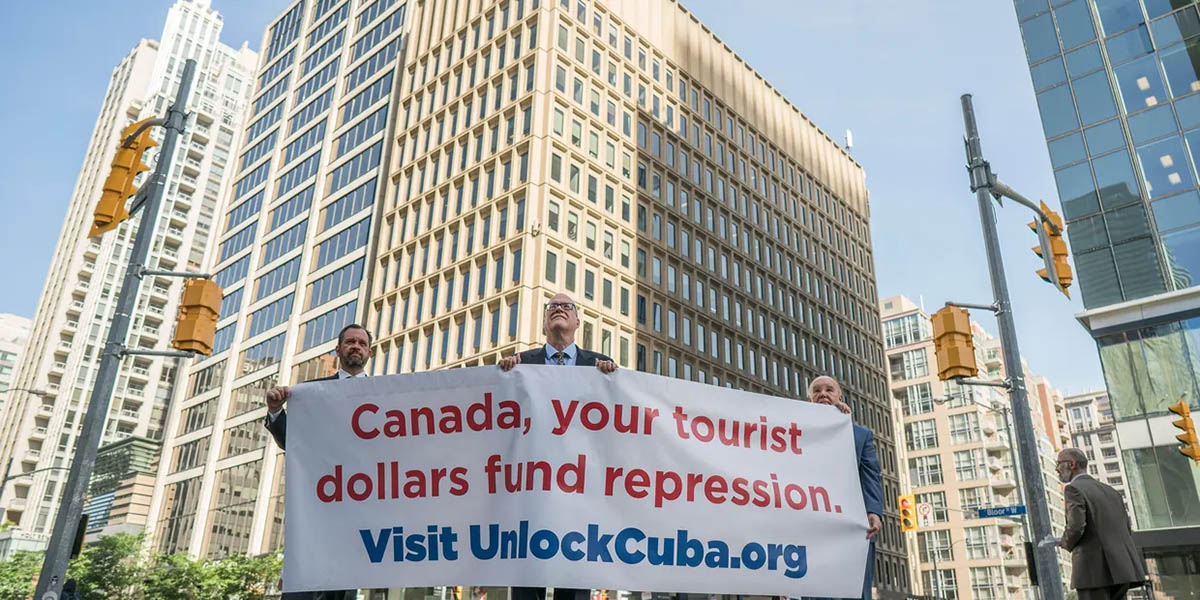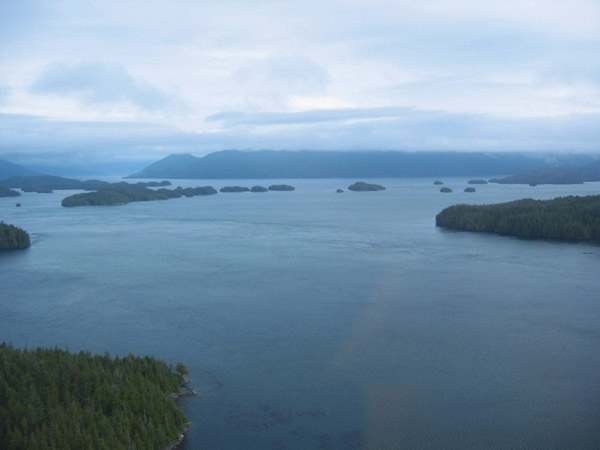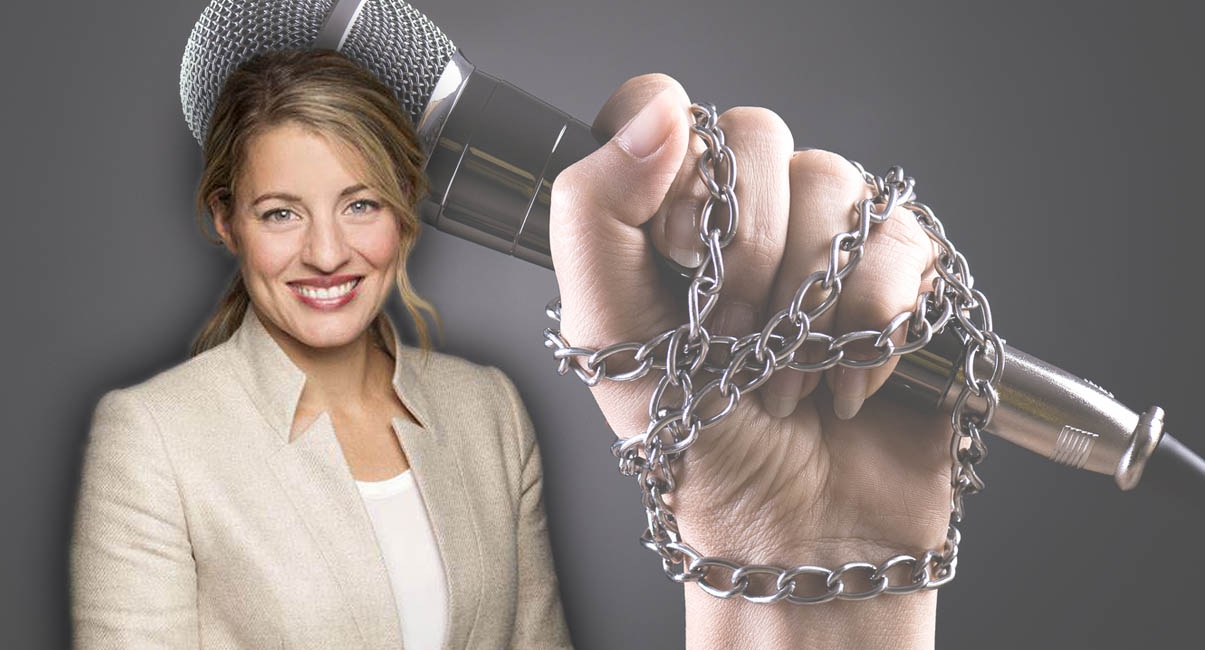
Canadian Government funds Cuba who is directly supporting Russian war in Ukraine
Low-cost beach vacations have long attracted sun-seeking Canadians to the island country of Cuba. In fact, a whopping 40 percent of tourists visiting the country are from Canada.
Many Canadians are blissfully unaware or indifferent to Cuba’s political repression. While the promise of a cheap, all-inclusive vacation is enticing, Canadians should not forget that their time spent in Cuba also supports a regime with a long history of political oppression.
Over two million Cubans, or 10 percent of the population, have fled the island nation since 1961 because of state-induced poverty and political persecution by the regime. Cuban refugees are still regularly spotted entering US territorial waters on make-shift crafts and arriving at land borders from allied countries like Nicaragua.
The most recent and widespread example of repression that made headlines in Western media was the 2021 demonstrations. According to observers, the Cuban people protested for increased economic and political freedom. It was the largest demonstration of its kind since the 1957 Revolution. The crackdown was immense and violent, with demonstrators sentenced to up to 18 years of forced labour in prison.
Dr. Orlando Gutiérrez Boronat, a Cuban-born, US-based advocate for freedom in Cuba from the group Assembly for Cuban Resistance, recently spoke to Ottawa Life Magazine about political developments in Cuba.
A specialist in international relations, through his advocacy project #unlockCuba, Gutiérrez Boronat has been working to generate awareness of where Canadian tourism dollars go. He argues they directly fund Cuba’s military and the security infrastructure used to repress the Cuban people.
Recently, however, the story deepened. Gutiérrez Boronat points out that although Cuba is still under an economic embargo from the United States, the European Union and Canada fund the regime to the tune of nearly $8 billion a year via a massive cash stimulus to a regime that barely keeps its own people fed.
While European and Canadian security interests have aligned with Ukraine since the Russian invasion, Cuba also saw a more sinister opportunity. Cuban President Miguel Diazl-Canal has expressed his unconditional support for Russia. Cubans have been documented fighting alongside Russian forces in Ukraine, both in the Russian military and with the Wagner Group.
While the Cuban government claims these men are volunteers, Gutiérrez Boronat says this is simply a lie. He points to a pattern that has existed since the Cuban intervention in the Angolan civil war of calling deployed personnel ‘volunteers.’
The Cuban ‘volunteers’ are directly related to military units such as Black Berets, a group heavily involved in the crackdown on the 2021 protestors. Cuban troops are also training in Belarus, Russia’s closest ally in Europe. President Alexander Lukashenko brutally cracked down on pro-democracy demonstrations in 2020, arresting at least 30,000 people, according to Radio Free Europe.
Gutiérrez Boronat explains the reason for these expanding military relations, saying the Cuban government is seeking more experience and training in political suppression and counterinsurgency from Russia and Belarus. The reason: they plan to use similar tactics in Cuba.
The Black Beret unit has been used in crackdowns throughout the Island. He notes that 2021 was not the end of protests but rather the beginning of a larger social upheaval against the ruling Communist party. Gutiérrez Boronat points to the example of the brutal crackdown in Caimaneraa near the frontier with the American military base at Guantanamo Bay.
Liberal governments in Canada, including the current one, have had a cozy relationship with the Communist dictatorship. Fidel Castro was a pallbearer at the elder Trudeau’s funeral. When Castro himself died in 2016, even the relatively lenient Western press was shocked by the PM’s statement—Trudeau called the dictator a “remarkable leader” and “beloved by Cubans.”
Gutiérrez Boronat says Canadian media fell into the propaganda trap of the regime that pushes the idea that the country is fundamentally Socially Democratic but was pushed into a more authoritarian system following events like the Bay of Pigs invasion, the Cuban missile crisis, and the ongoing embargo. He points out that the Cuban revolution was repressive from the get-go and started with a wave of mass executions when Castro took Havana.
A revolt suppressed by 1965 resulted in Castro’s forces using what the professor describes as “Stalinist” tactics that involved burning down villages and displacing the peasantry in the countryside. Despite having known about the human rights catastrophe in Cuba for decades, Cuba is able to fund its state oppression through the Club de Paris, of which Canada is a member.
Gutiérrez Boronat says this is a significant problem and believes it’s helping keep the Communist party, which he calls the most repressive government in the Western hemisphere, in power. He argues that even if Canadians ceased going to Cuba altogether, the amount of money the federal government gives the Cuban regime would allow it to continue.
In mid-June, Gutiérrez Boronat had the opportunity to brief members of the Conservative Party of Canada caucus on the continued repression in Cuba. Members at the briefing included party Deputy Leader Melissa Lantsman.
For the Cuban-born advocate, it’s straightforward: Canada cannot support democracies like Ukraine while also propping up the most authoritarian regime in the Western Hemisphere as it represses its own people and sends its soldiers to fight on Russia’s side in its war of aggression against Ukraine.
For more information on #unlockCuba and The Assembly of the Cuban Resistance, visit unlockcuba.org








